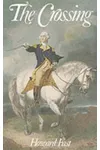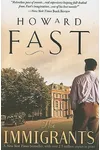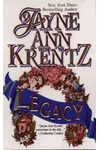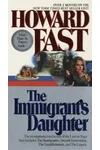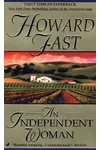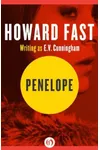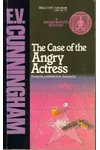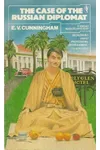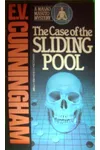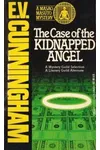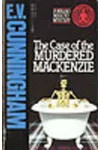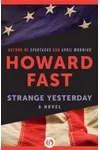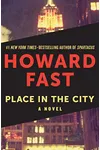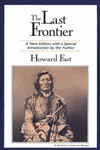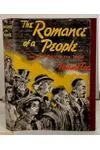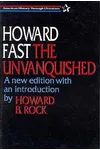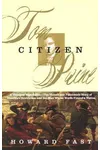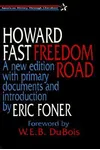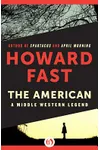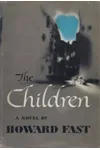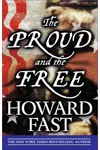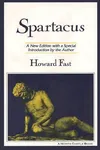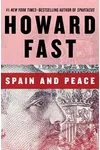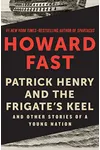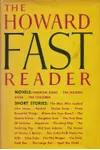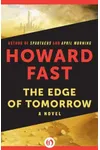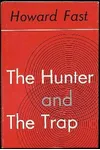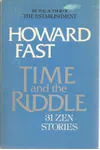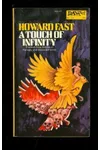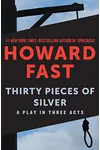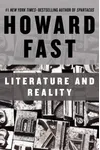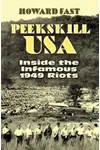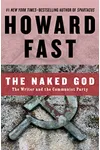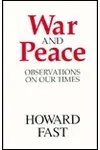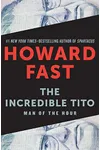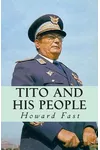Picture an American storyteller who spun tales of rebellion and resilience, bringing epic historical moments to life—meet Howard Fast! Born in 1914 in New York City, Fast rose from a tough immigrant upbringing to become one of the 20th century’s most prolific authors, penning over 80 works, including the iconic Spartacus. His novels, rich with themes of social justice and the American Dream, captivated readers worldwide.
Fast’s life was as gripping as his stories. A self-taught writer with a knack for weaving history into fiction, he faced blacklisting and imprisonment for his political beliefs, yet never stopped writing. His work, translated into over 75 languages, remains a testament to the power of storytelling to inspire change.
The Making of Howard Fast
Howard Melvin Fast was born to Jewish immigrant parents—his father a Ukrainian factory worker, his mother a British émigré. After his mother’s death in 1923, Fast and his brothers faced poverty, stealing food to survive. A job at the New York Public Library sparked his love for reading, particularly Jack London’s socialist novels. At 18, he published his first novel, Two Valleys (1933), launching a career that would span seven decades.
Fast’s early years were marked by grit and wanderlust. He hitchhiked across America, taking odd jobs and soaking up stories of the working class. These experiences shaped his commitment to championing the underdog, a theme that defined his later works.
Howard Fast’s Unforgettable Stories
Fast’s historical novels are page-turners that blend meticulous research with vivid storytelling. His breakout, Citizen Tom Paine (1943), reimagined the life of the Revolutionary War pamphleteer, earning praise for its energy and authenticity. Freedom Road (1944) tackled Reconstruction-era struggles, following a former slave’s rise to senator, later adapted into a TV miniseries starring Muhammad Ali.
Perhaps his most famous work, Spartacus (1951), written during a three-month prison stint for refusing to name Communist associates, depicted a Roman slave revolt with gripping intensity. Blacklisted, Fast self-published it, and it became a bestseller, later inspiring the 1960 film. His Lavette Family series, starting with The Immigrants (1977), traced an Italian-American family’s journey through love, loss, and ambition, selling millions.
Fast’s style was direct yet evocative, often exploring themes of liberty, class, and immigration. Writing as E.V. Cunningham, he also penned mysteries featuring strong female leads, adding a playful twist to his oeuvre.
Why Howard Fast Matters
Fast’s impact transcends his books. His novels gave voice to the marginalized—slaves, immigrants, and workers—shaping how readers understood American history. Despite facing FBI scrutiny and blacklisting during the McCarthy era, he remained a literary force, earning the Stalin Peace Prize in 1953 and later distancing himself from Communism in 1956. His courage to confront injustice, both in life and on the page, inspired generations.
Fast’s stories continue to resonate, offering timeless insights into the human spirit. His ability to craft compelling narratives from historical events ensures his place as a literary trailblazer.
- Born: November 11, 1914, New York City
- Key Works: Spartacus, Citizen Tom Paine, Freedom Road, The Immigrants
- Awards: Stalin Peace Prize (1953)
- Died: March 12, 2003, Old Greenwich, Connecticut
Snag Spartacus or The Immigrants and dive into Howard Fast’s thrilling world of history and heart!
